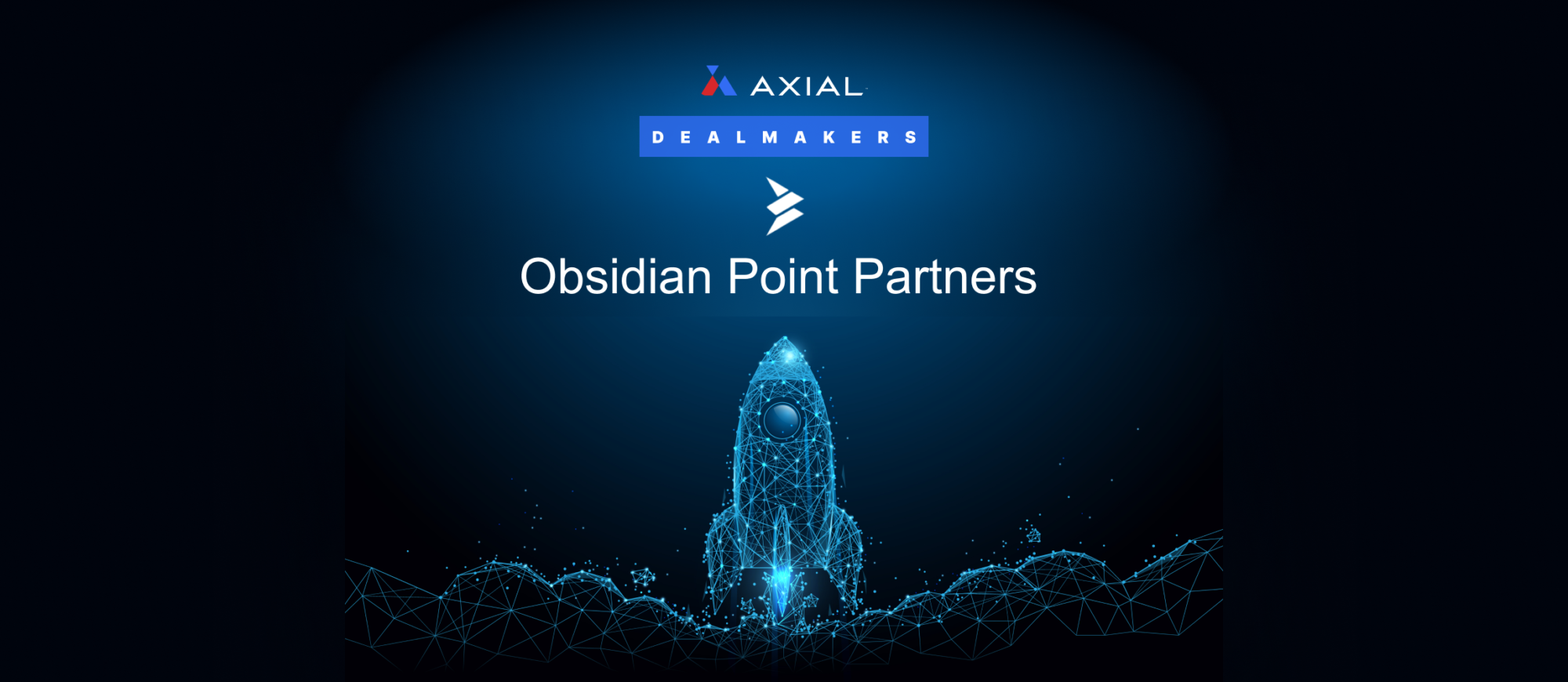
Dealmakers: Independent Sponsor Seeks to Acquire Companies of Aging Entrepreneurs
Baby Boomers — defined as those born between 1946 and 1964 — are known for their strong work ethic and entrepreneurial contributions to the U.S. economy. But as time moves on, the last of the Baby Boomers who own or operate mom-and-pop businesses are nearing retirement, creating a flurry like no other. What will happen to their companies, particularly if family members don’t take over?
That was precisely the worry of Barry Hornecker and his three business partners. In 2018 they decided it was time to transition their bus-repair company, Bus & Truck of Chicago (BTC), and enjoy the fruits of their labor in retirement after 20 years of hard work. But none of the four owners had family to run the company, so a sale — disheartening as it was — was inevitable.
“I just love the business,” said Hornecker, “and I personally wanted to see the business continue on.”
That anxiety soon faded after Hornecker, then the company’s president, and his colleagues were introduced to the founders of Obsidian Point Partners LLC, a newly established independent sponsor based in New York. Obsidian is run by two seasoned managing directors, Babawole “Baba” Akin-Aina, and Casey George, who were scouring the market for their first acquisition. Hornecker and his team quickly became “comfortable” with Obsidian during initial discussions, and appreciated the firm’s determination to “stay in the game” and keep BTC operating with guidance from the company’s current owners, he said. BTC, meanwhile, checked all the boxes of what Obsidian was looking for in its pioneer deal, noted Akin-Aina and George: It was an owner-operated business in a major market; the company had strong margins and limited local competition; it had solid relationships and contracts with municipalities; it was in Obsidian’s EBITDA range of under $5 million in earnings; and BTC’s management team was motivated to sell.
“We’re not buying broken businesses,” stated George, now CEO of BTC. “We’re buying businesses that work well and generate strong returns.”
The deal closed in March 2020, and was funded by both George and Akin-Aina, along with outside investors, including Bonawyn Eison, co-founder of investment fund Atremo, LLC and a frequent finance contributor to CNBC. Eison had known Akin-Aina for years, had a time-honored trust in him and Obsidian’s vision — and was the largest investor in the BTC deal, he said.
“I believed in the story — and that story was helping these types of lower middle market companies that have been established by hard-working individuals or a consortium of individuals, who did not have a legitimate exit strategy or legacy strategy,” Eison noted. “This very much resonated with me. Both of my parents are entrepreneurs.”
Main Street Mindfulness
Eison’s comment is a clear reflection of the mindset of both George and Akin-Aina, who relish the dialogues, discussions, and negotiations with owners of Main Street businesses, companies that likely wouldn’t make it onto a larger suitor’s radar.
Obsidian’s two founders met at Columbia Business School in New York, and over the years worked together on various projects and investments. Akin-Aina, a Nigerian-American, started his career at Lehman Brothers, and moved on to work for a long list of finance-based companies, including Dune Capital, Deutche Bank, and Guggenheim Partners. His investment experience runs deep, which made him a natural fit with George, a North Carolina native who entered the partnership with a wealth of operational, engineering, consulting, and financial expertise. They launched Obsidian in 2018 and began searching for their first lower middle market deal.
“Having both skill sets in house, as far as operations and finance go, is very key,” George said.
Obsidian’s mission — to focus on small businesses, particularly those run by aging Baby Boomers — makes them a bit like contrarians, said Akin-Aina, also the firm’s chief investment officer. “A lot of people are ignoring the lower middle market — it’s considered like the Wild West — but there’s massive opportunity in that sub-$5 million EBITDA [space]. To us it looked like a wide open opportunity that could be explored in a systematic way,” he noted. The firm has created its own proprietary due-diligence approach, which allows its founders to “identify the bottlenecks” in a potential deal, Akin-Aina said. And, they remain “industry agnostic” despite looking for add-on acquisitions following the BTC close.
Of course, M&A isn’t always smooth sailing. Obsidian has faced several challenges over the past three years, including negotiations with business owners who have not done “the right preparation to get their companies ready for a sale,” Akin-Aina noted. Simply proving themselves to sellers has also been a feat, since it’s early in the game for the firm. “We are willing to do the work, and if we are interested in your business, we will show up and give you an honest evaluation of what we think it’s worth,” George said.
BTC and Beyond
The road looks clear for Obsidian since M&A activity remains robust and there are countless companies run by Baby Boomers (and others) still ripe for the picking. “Our thesis is it’s probably another 10-year runway of these businesses being transitioned,” Akin-Aina said. “We think there will be a tremendous opportunity to acquire assets during this time.”
Eison’s involvement remains largely as an investor, though he’s also helping to review potential future deals. Obsidian’s direct investment strategy, he said, “allows for a level of control” and the ability to achieve operational efficiencies through a more hands-on approach.
For now, BTC is trucking along, and George, as CEO, is working on garnering new business. Obsidian’s investment horizon is a minimum of five years for any acquisition, he said.
“If we own a high-quality business that generates stronger terms for ourselves and our shareholders and investors, we want to own that business for a long time,” Akin-Aina noted.
Hornecker has since retired and moved from Chicago to Maryland, though he’s in regular contact with George as both an informal consultant and an interested party, since he and his partners kept money in the business as part of a stipulated 5-year promissory note. His advice to other company owners looking to transition: “Make sure the buyers are passionate about the business if you want the business to continue,” he said. “Obsidian definitely fit that category.”
